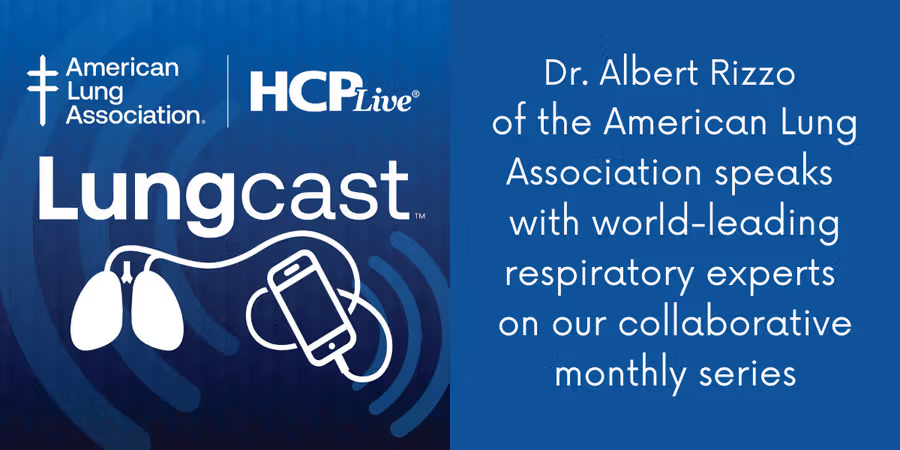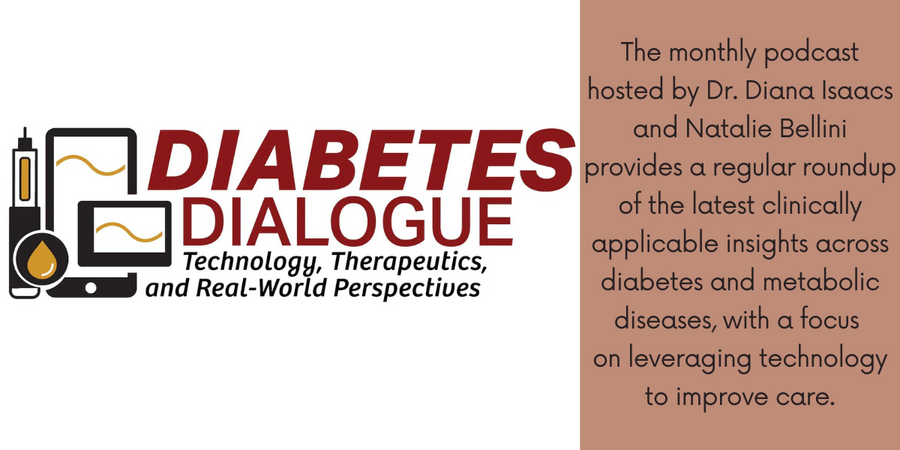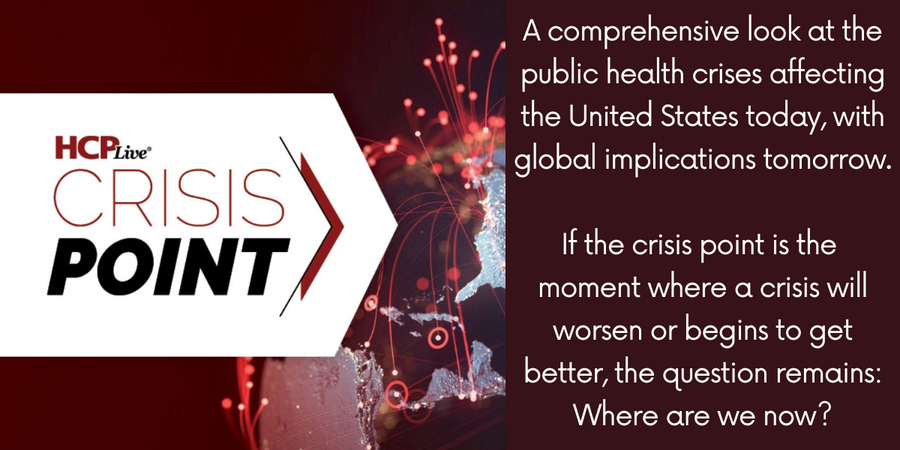Latest News
February 20th 2025
Chalmers discussed how brensocatib’s potential approval may transform the currently empty treatment landscape for bronchiectasis.
Conference Coverage
View AllSimulatED™: Diagnosing and Treating Alzheimer’s Disease in the Modern Era
View More
Cases and Conversations™: A Horizon View of Continuous Monitoring Systems for Diabetes Management
April 3, 2025
Register Now!
A Tethered Approach to Type 2 Diabetes Care – Connecting Insulin Regimens with Digital Technology
View More
Surv.AI Says™: What Clinicians and Patients Are Saying About Glucose Management in the Technology Age
View More
Clinical ShowCase™: Forming a Personalized Treatment Plan for a Patient With ANCA-Associated Vasculitis
View More
Addressing Healthcare Inequities: Tailoring Cancer Screening Plans to Address Inequities in Care
View More
Patient, Provider & Caregiver Connection™: Understanding the Patient Journey to Provide Personalized Care for Generalized Pustular Psoriasis
View More
Cases and Conversations™: Applying Best Practices to Prevent Shingles in Your Practice
View More
All News
Safety Data With Biologics in Atopic Dermatitis
February 18th 2025Panelists discuss the safety of biologics in atopic dermatitis (AD), reviewing current understanding of their safety profiles, including long-term data, adverse events, and the overall risk-benefit analysis for patients using these agents.




